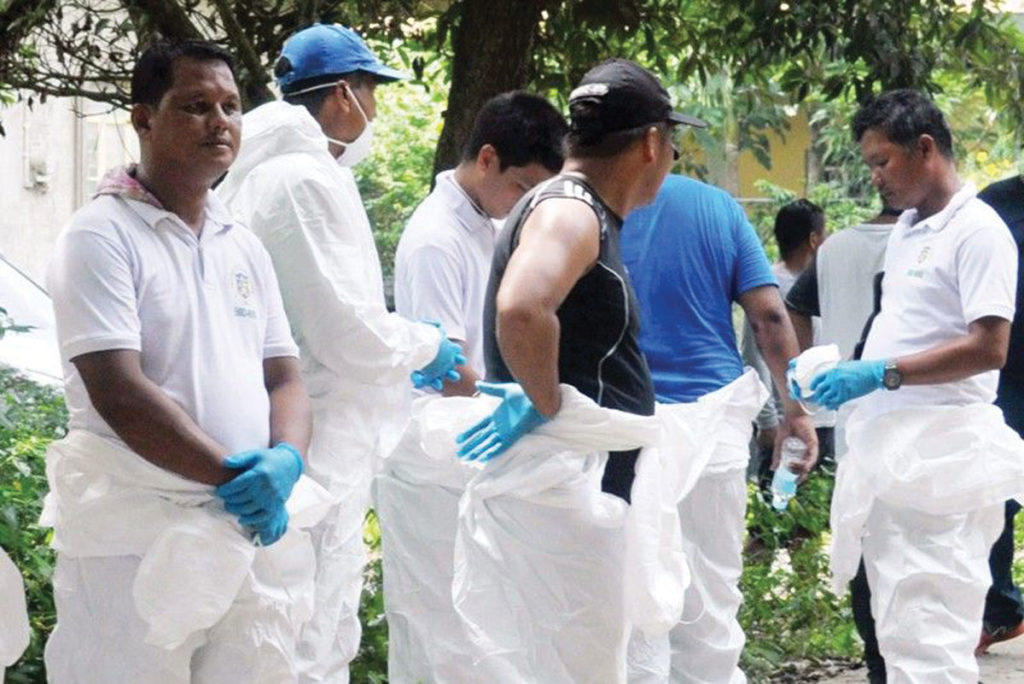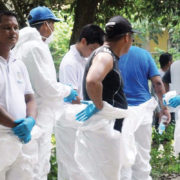
Malacañang on Monday, September 30, said President Rodrigo Duterte ordered the Department of Agriculture (DAR) to stop the spread of African swine fever.
“Contain it, stop it,” presidential spokesperson Salvador Panelo said, quoting Duterte’s order to Agriculture Secretary William Dar, when he was asked for a reaction in regard to the confirmed cases of the disease in Pangasinan.
On Sunday, September 29, Pangasinan Governor Amado Espino reported that 15 pigs that died from Barangay Baloling in Mapandan were infected with the disease, adding that the pigs were transported from Bulacan, where the swine virus had been detected.
The DAR last month assured that the swine disease had been contained, telling the public that pork is safe to eat. However, more pigs have died since then. 5,000 were culled in the past week, bringing the total number up to 20,000 since August.
“It just happened that it spread. You know, when there’s a contagion, it might be difficult to stop it,” Panelo said.
Amid the criticisms that the DA is receiving with regards to the disease that is currently ravaging the Philippines’ hog industry, the spokesman expressed confidence in DAR’s competence, believing he could handle the situation.
The DAR confirmed on Sept. 9 that the ASF fever reached the country, affecting three areas in Rizal and Bulacan.
ASF, a highly contagious viral disease among domestic and wild pigs, has no cure and no vaccine. The virus can be transmitted through direct contact with infected pigs, ingestion of contaminated materials such as food waste, feed or garbage, or contaminated fomites or biological vectors. Infected hogs may experience high fever, depression, loss of appetite, redness of ears, abdomen, and legs, vomiting, and diarrhea that may lead to death.
DAR on Tuesday, October 1, confirmed that ASF has reached Barangay Tatalon in Quezon City.







